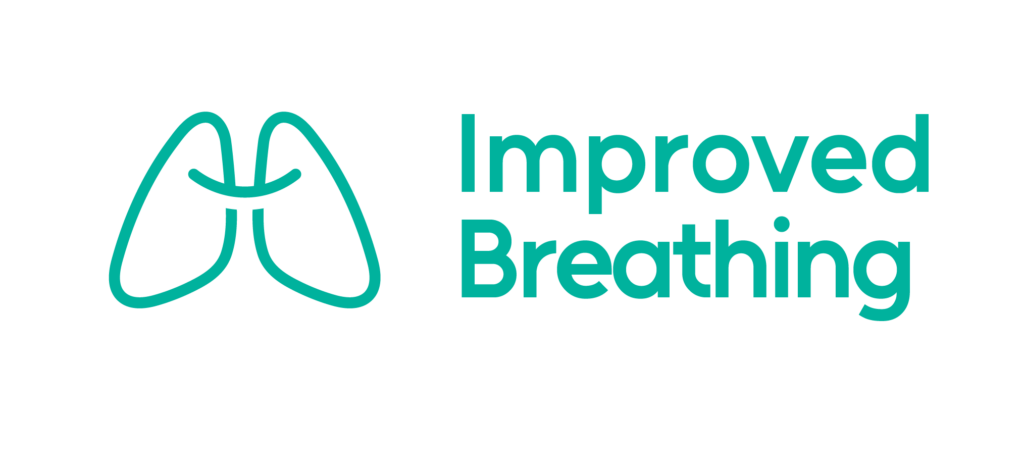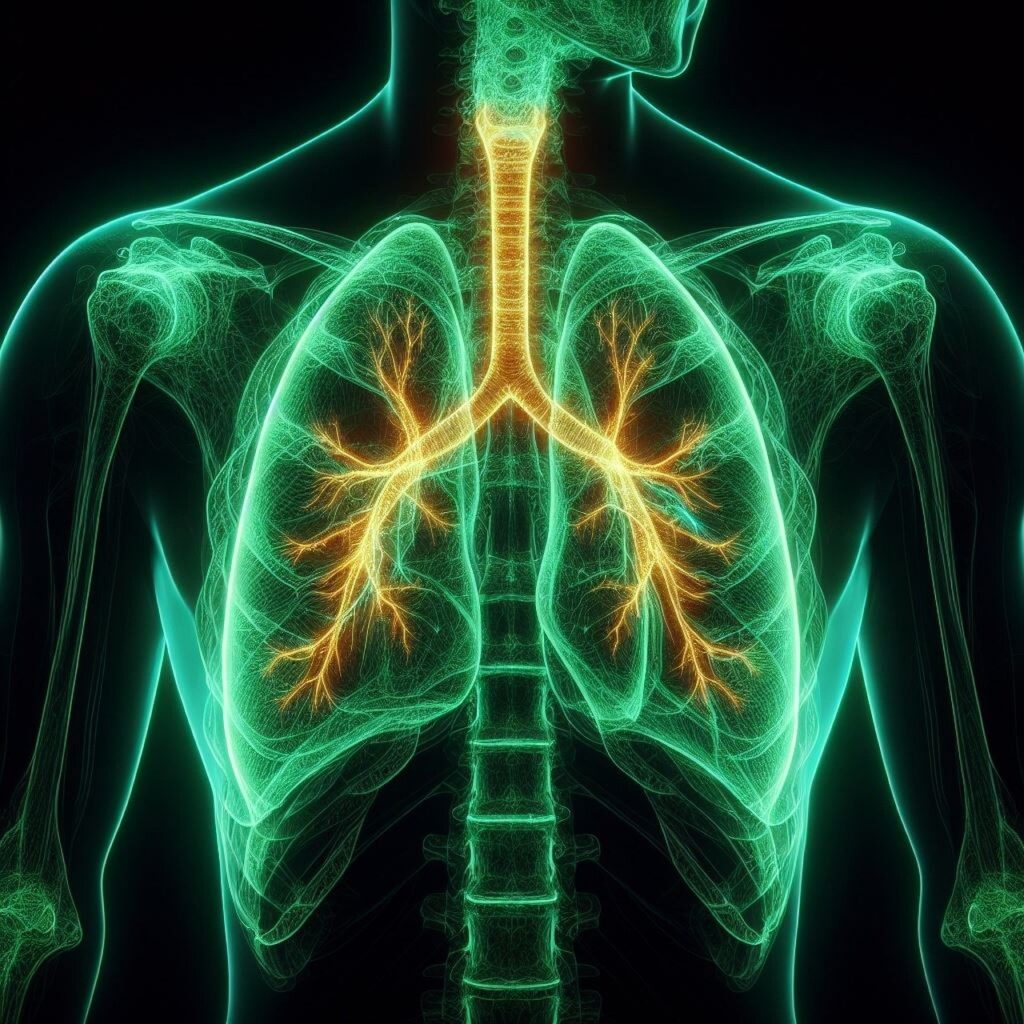Alcohol consumption is often associated with liver problems and impaired cognitive function, but its effects on lung health are less commonly discussed. For individuals with chronic lung conditions such as Chronic Obstructive Pulmonary Disease (COPD) and emphysema, understanding the relationship between alcohol and respiratory health is crucial. In this blog post, we’ll explore how alcohol can impact lung function and why those with existing lung conditions should be particularly cautious.
The Alcohol-Lung Connection
While moderate alcohol consumption may have some health benefits for certain individuals, excessive drinking can have detrimental effects on various organs, including the lungs. Here’s how alcohol can affect lung health:
- Impaired Immune Function: Alcohol can weaken the immune system, making the lungs more susceptible to infections. For COPD and emphysema patients, who are already at higher risk for respiratory infections, this added vulnerability is concerning. Alcohol disrupts the normal function of immune cells in the lungs, reducing their ability to fight off harmful bacteria and viruses.
- Inflammation: Chronic alcohol use can lead to increased inflammation throughout the body, including in the lungs. For those with COPD and emphysema, where inflammation is already a significant problem, alcohol-induced inflammation can exacerbate symptoms and accelerate disease progression.
- Oxidative Stress: Alcohol metabolism produces harmful free radicals, leading to oxidative stress. This process can damage lung tissue and contribute to the progression of lung diseases. In COPD and emphysema patients, where lung tissue is already compromised, this additional stress can be particularly harmful.
- Reduced Mucus Clearance: Alcohol can impair the function of cilia, the tiny hair-like structures in the airways responsible for clearing mucus. This impairment can lead to mucus buildup, increasing the risk of infections and exacerbating breathing difficulties for those with chronic lung conditions.
- Sleep Disturbances: While alcohol may help some people fall asleep faster, it often leads to poor quality sleep and can worsen sleep apnea. For COPD and emphysema patients, who may already struggle with sleep-related breathing issues, alcohol can further compromise their ability to get restful sleep and maintain adequate oxygen levels throughout the night.
- Medication Interactions: Many individuals with COPD and emphysema take various medications to manage their conditions. Alcohol can interact with these medications, potentially reducing their effectiveness or causing harmful side effects. It’s crucial to consult with a healthcare provider about potential interactions between alcohol and prescribed medications.
- Nutritional Deficiencies: Chronic alcohol use can lead to nutritional deficiencies, which can indirectly affect lung health. Vitamins and minerals play essential roles in maintaining lung function and supporting the immune system. Alcohol-induced deficiencies can compromise the body’s ability to repair and protect lung tissue.
- Increased Risk of Acute Respiratory Distress Syndrome (ARDS): Heavy alcohol use is associated with an increased risk of developing ARDS, a severe lung condition that can be life-threatening. For those with existing lung diseases, this additional risk is particularly concerning.
Recommendations for COPD and Emphysema Patients
Given the potential negative impacts of alcohol on lung health, individuals with COPD, emphysema, and other chronic lung conditions should consider the following recommendations:
- Limit or Avoid Alcohol Consumption: The safest approach is to avoid alcohol altogether. If you choose to drink, do so in moderation and consult with your healthcare provider about safe limits based on your individual health status.
- Stay Hydrated: If you do consume alcohol, make sure to drink plenty of water. Proper hydration helps maintain mucus clearance and supports overall lung function.
- Be Aware of Symptoms: Pay attention to how alcohol affects your breathing and overall well-being. If you notice increased shortness of breath, coughing, or other respiratory symptoms after drinking, it’s crucial to discuss this with your doctor.
- Prioritize Sleep: Avoid alcohol close to bedtime to ensure better quality sleep. Good sleep hygiene is essential for managing chronic lung conditions.
- Focus on Nutrition: Maintain a balanced diet rich in fruits, vegetables, and lean proteins to support lung health and overall well-being. If you choose to drink alcohol, be mindful of empty calories and potential nutritional deficiencies.
- Quit Smoking: If you smoke, quitting is one of the most important steps you can take for your lung health. Combining alcohol and tobacco use can be particularly harmful to the lungs.
- Regular Check-ups: Maintain regular appointments with your healthcare provider to monitor your lung function and discuss any concerns about alcohol use.
Final Words
While the occasional drink may seem harmless, individuals with COPD, emphysema, and other chronic lung conditions should be particularly cautious about alcohol consumption. The potential negative impacts on lung function, immune response, and overall health make it crucial to approach alcohol use with care.
Always consult with your healthcare provider for personalized advice on managing your lung condition and making informed decisions about alcohol consumption. By prioritizing lung health and making informed choices, individuals with chronic respiratory conditions can take important steps towards maintaining their quality of life and overall well-being














